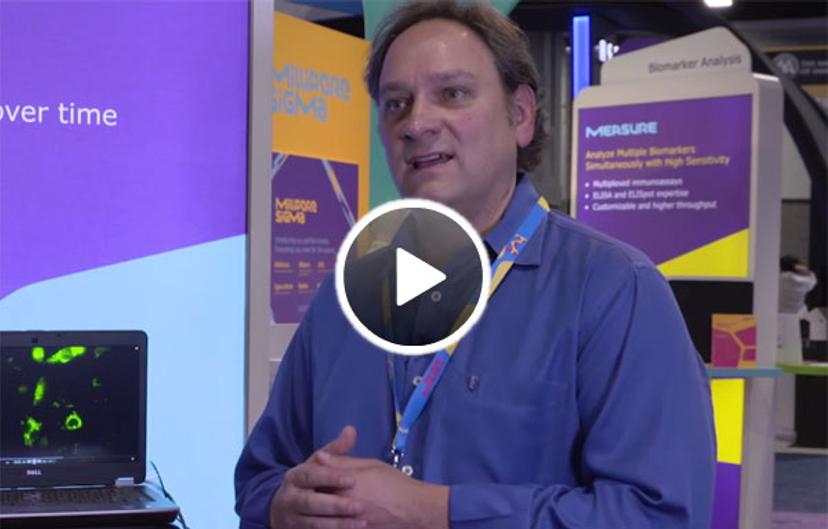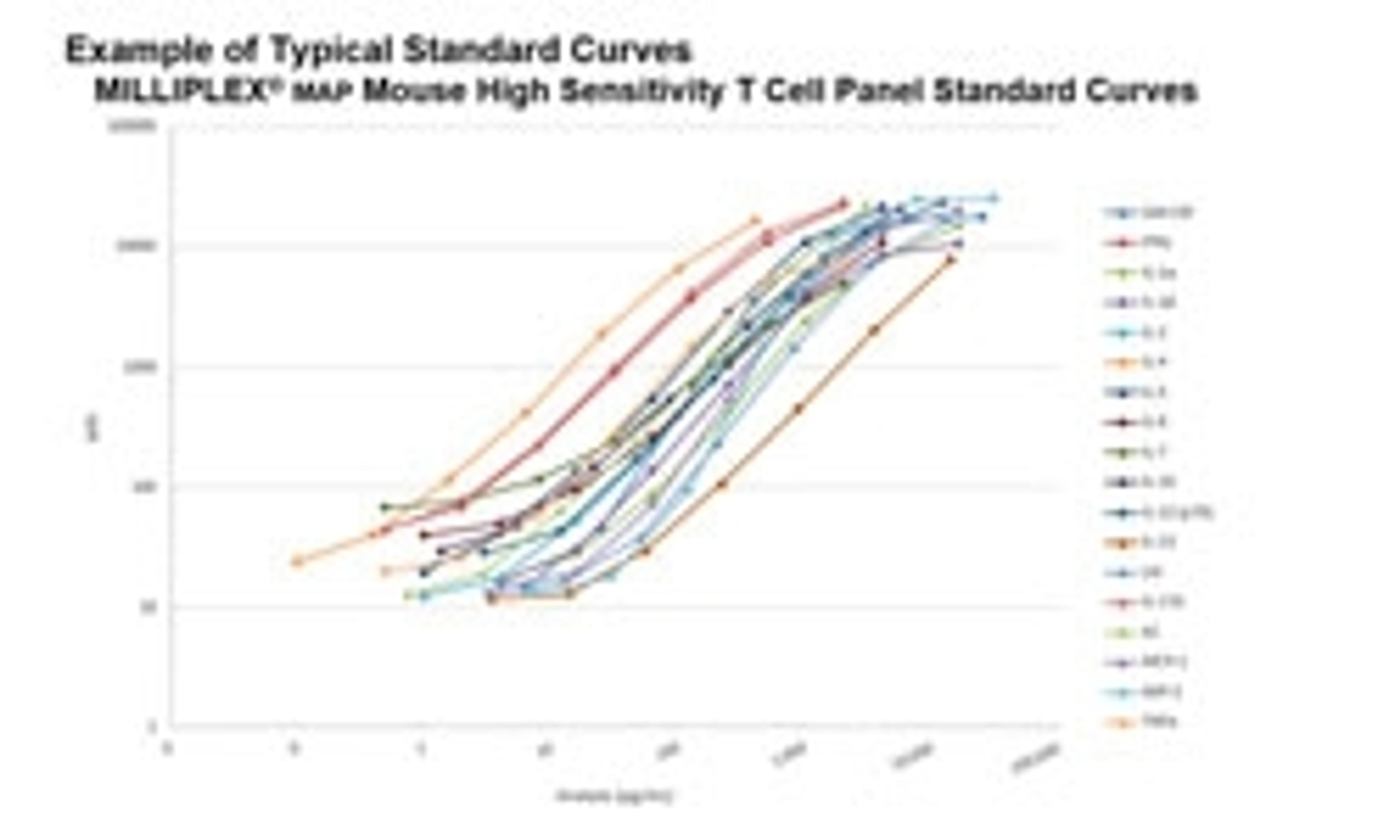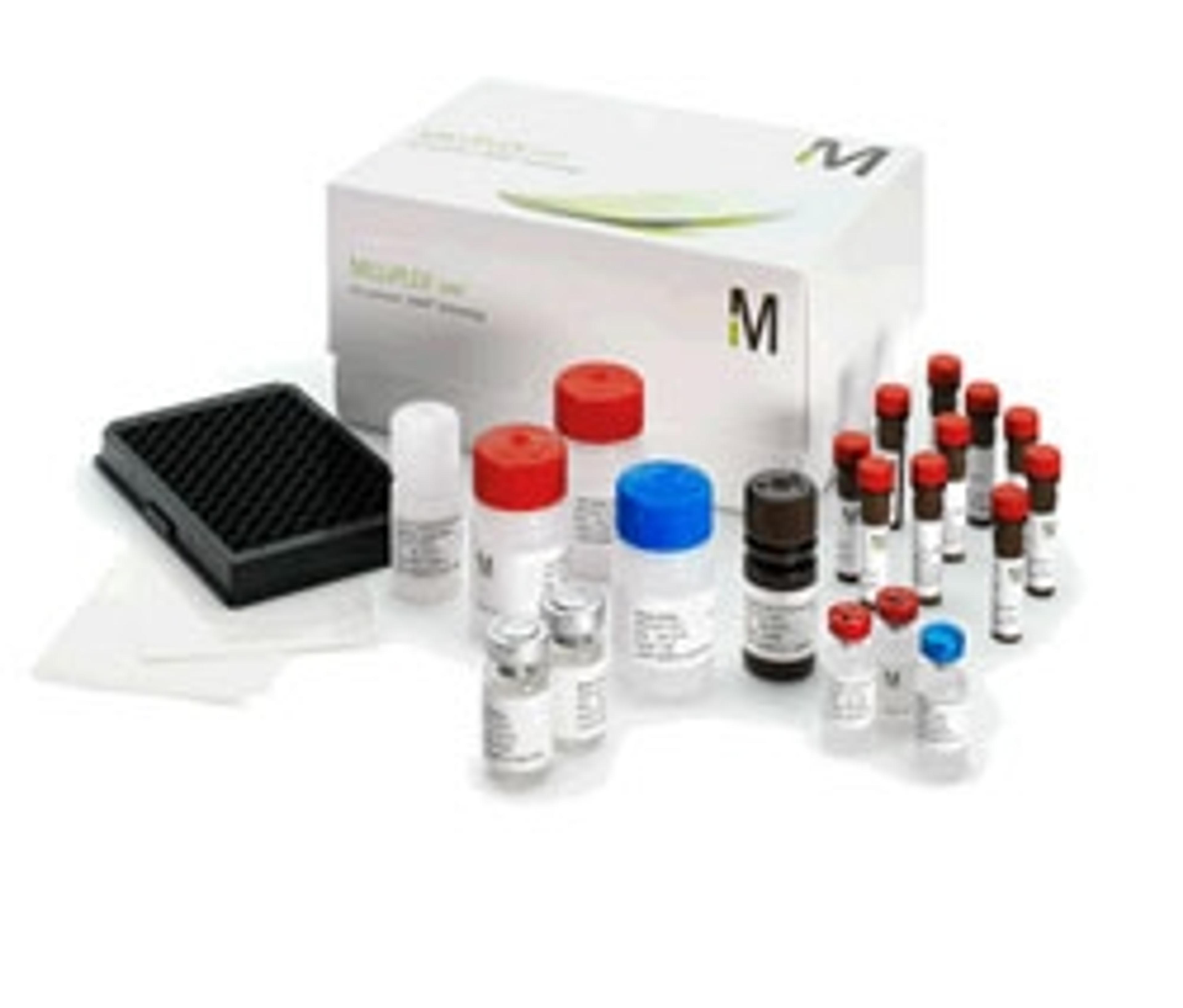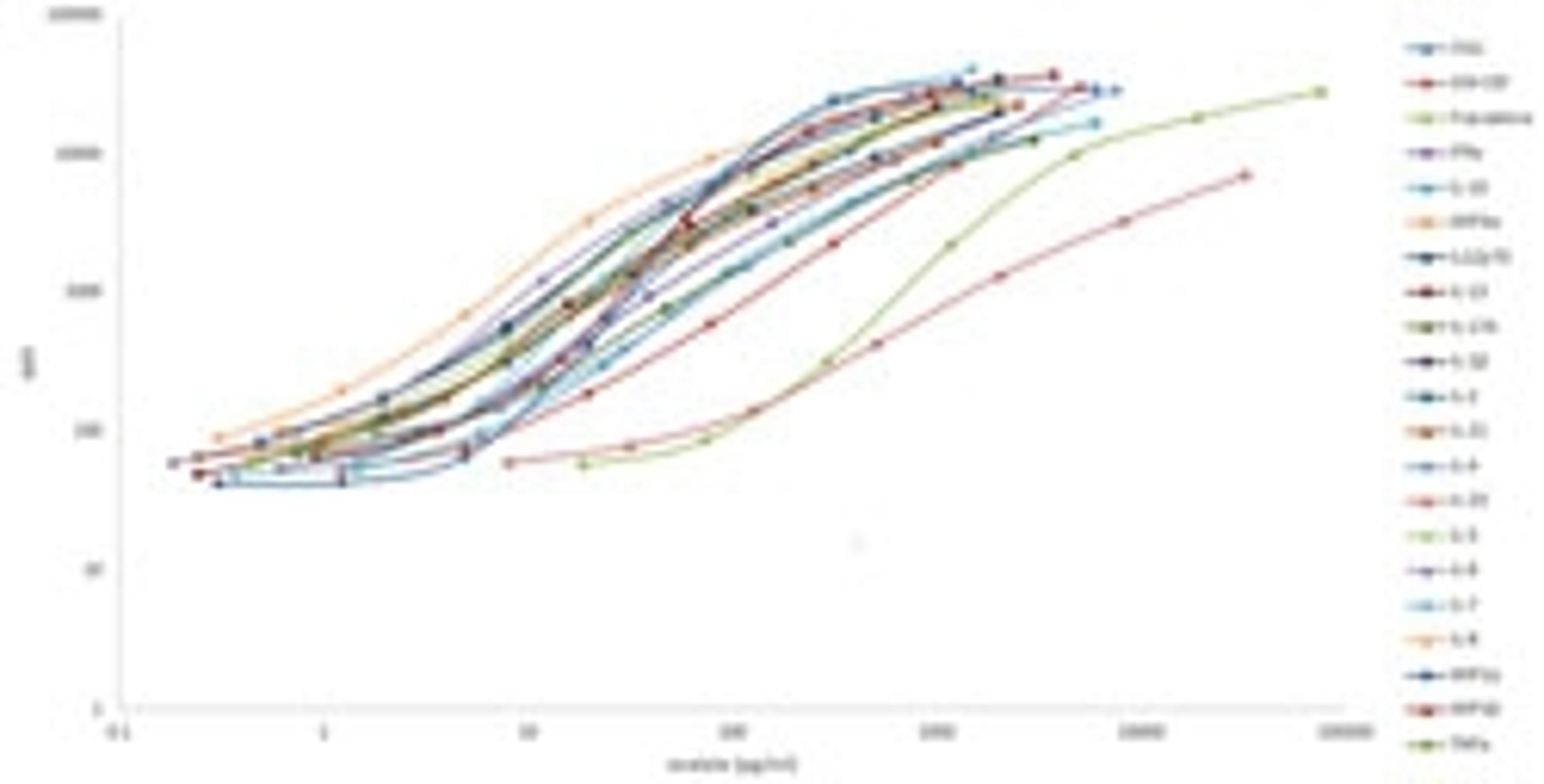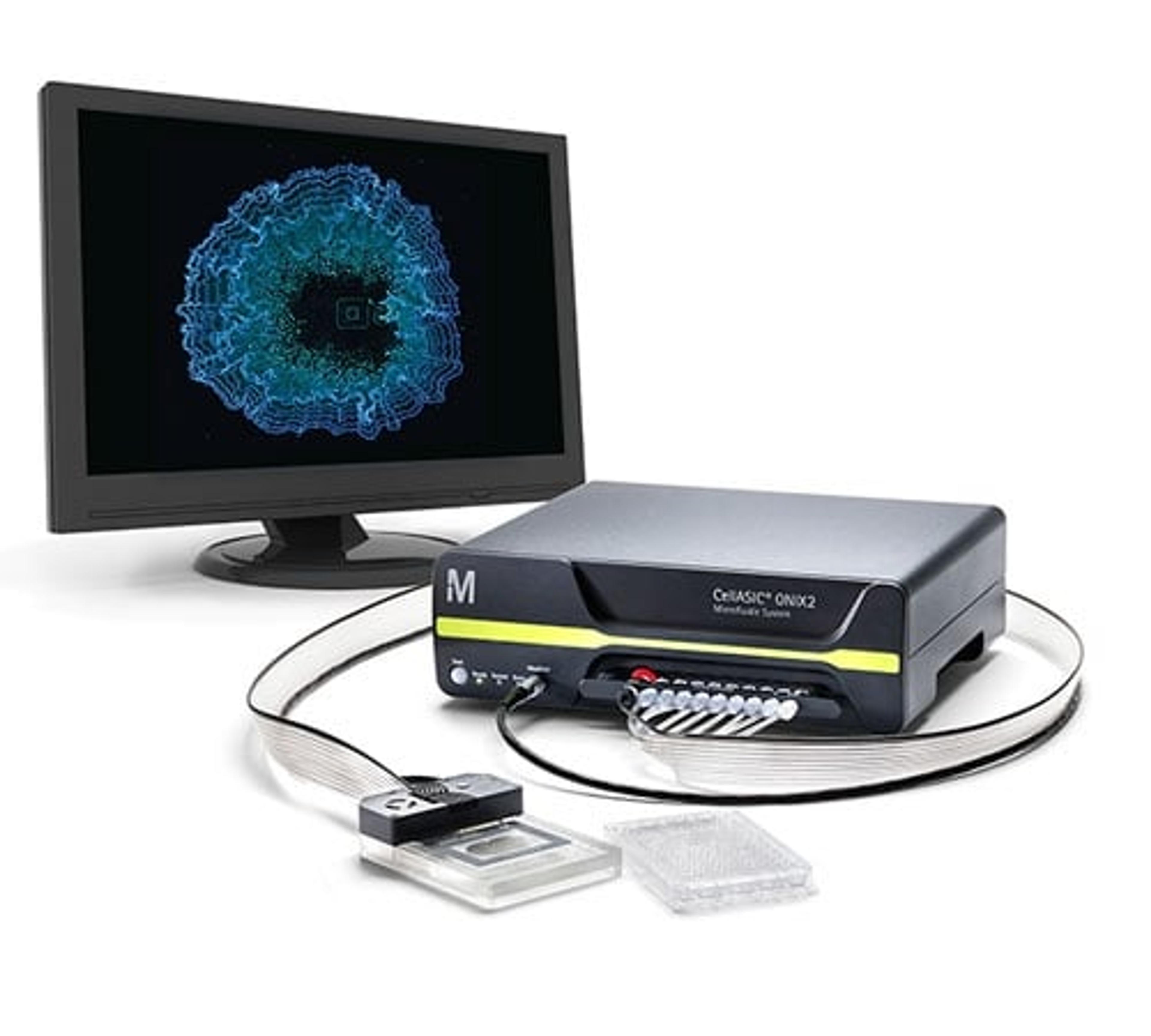Immunoassay and Live Cell Analysis Solutions Presented at IMMUNOLOGY 2017
New T Cell assays advance insight into immune response
4 Jun 2017
The Annual Meeting of the American Association of Immunologists (AAI) is one of the largest annual gatherings of immunologists worldwide. This year’s meeting, IMMUNOLOGY 2017™, held in Washington, DC, USA, saw immunologists from around the world discussing breakthroughs across the full spectrum of topics in the field, while exhibitors displayed the latest technologies for cutting edge techniques.
During the event, MilliporeSigma, a business of Merck KGaA Darmstadt, Germany, presented a range of new solutions for immunologists, including a series of T Cell multiplex assay kits for low-level cytokine detection in small samples volumes, and the CellASIC® ONIX2 Microfluidics System for real-time control and manipulation of cellular environment for live cell analysis. Watch the video interviews and presentation to learn more about these innovations and how they can help to advance your immunology research.
New High-Sensitivity Immunoassays Panels Detect Picogram Level Cytokines
Robert Keith, R&D Scientist, MilliporeSigma, introduces three high-sensitivity MILLIPLEX® MAP panels to help researchers detect low levels of multiple cytokines in small amounts of sample: the Human High Sensitivity T Cell Magnetic Bead Panel (in both 96-well format and a new 384-well format) and the new Mouse High Sensitivity T Cell Magnetic Bead Panel in 96-well format. Both the human and mouse high-sensitivity panels can detect picogram levels of cytokines in just 25 µL of sample for up to 21 or 18 critical cytokines, respectively.
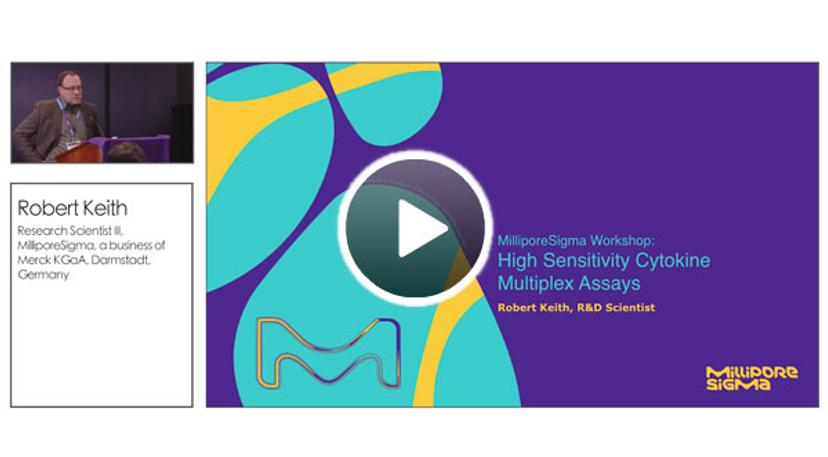
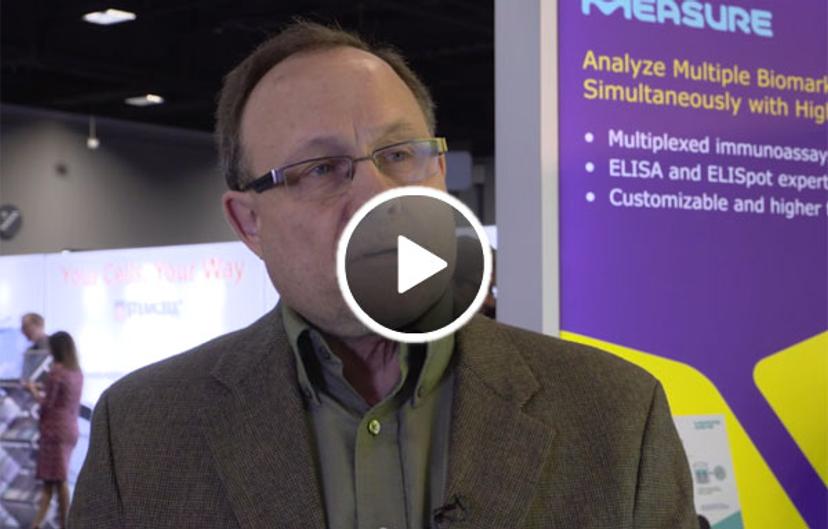
Automated Cell Culture for Dynamic Analysis of Cell Function in Real Time
Dr Amedeo Cappione, Senior Scientist, MilliporeSigma, explains how the microfluidics-based CellASIC® ONIX2 System offers precise real-time control of media perfusion for cell researchers who need a highly controllable and manipulatable cellular environment and the ability to conduct semi-automated, repeatable long-term experiments while continuously collecting quantitative image-based data.
